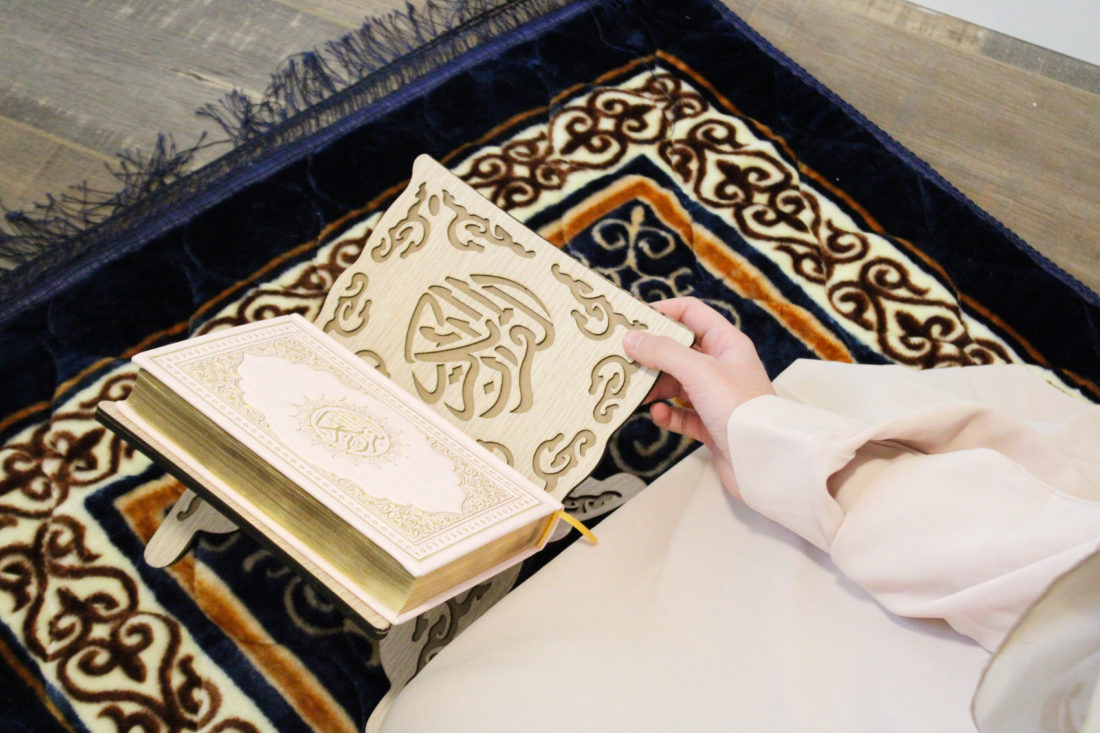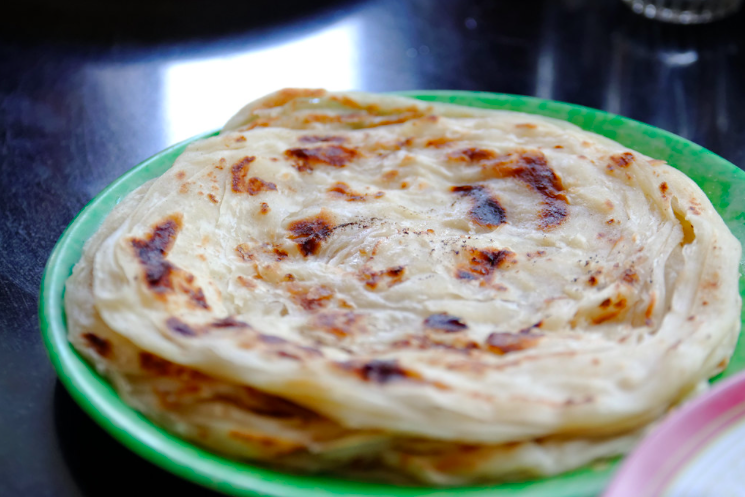
Although Ramadan can be a challenging month for many Muslim university students, preparing accommodations and meals beforehand helps with maximizing worship while also making time for daily tasks.
Ramadan is a time where you can devote yourself to your faith, leaving bad habits and forming better ones. The daily prayers (Fajr, Dhuhr, Asr, Maghrib and Isha) are one of the five pillars of Islam, meaning they hold a lot of significance in Muslims’ daily lives.
While observing the daily prayers, here is how you can schedule your day around them.
Fajr, dawn
Although some prefer to stay awake until Fajr, napping is also an option for those that have school or work early in the morning. Most of the time leading up to Fajr is spent preparing a nutrient-dense meal for Suhur, the pre-dawn meal, which will be sufficient for the next 15 hours.
One option for a Suhur meal is oatmeal with a date milkshake. Oatmeal’s low glycemic index means that it is ideal for stable blood sugar levels, something that increases with fasting. Dates are a quick source of many nutrients and provide instant energy, a perfect addition to any shake.

Another option is eggs with a desi ghee paratha and lassi. Eggs are a great source of protein that can be eaten in many different ways. Desi ghee, which is clarified butter, is an excellent source of good fat that will help lower the glycemic index of parathas, an Indian flatbread. Due to its richness in probiotics, lassi, a yogurt-based drink, helps with any bloating and also reduces the body’s sodium levels.
After Suhur and Fajr prayer, you can recite verses of the Islamic holy book, the Quran. Once completed, catch up on sleep before it’s time to wake up ahead of Dhuhr.
Dhuhr, afternoon
Since this time is the most productive, most of the afternoon can be spent completing schoolwork and work-related tasks.
If you are having trouble achieving your school and work-related tasks, reaching out to professors for potential accommodations is a possibility. Students at the University of Saskatchewan can connect with Access and Equity Services and the Muslim Student Association for additional assistance.
Asr, late afternoon
After completing any school and work-related activities, the rest of the evening can be freed up to spend time on Ramadan goals.
This time can be used to fit in some exercise. The ideal workout time is 30-60 minutes and since we are not able to drink water during the day, anything light will do. This includes daily walks, body-weight exercises and yoga. Students are also able to access the Fit Centre at the Physical Activity Complex building for various fitness classes.
Once completed, it’s time to prepare for Iftar, meaning to break a fast.
Maghrib, sunset
Before the call to Maghrib prayer is heard, make sure to prepare a meal that is rich in carbohydrates, electrolytes and protein.
Some options for an Iftar meal are to start with some dates and coconut water, followed by fresh fruit. For the main course, you can enjoy chicken kabobs with naan, ground beef spring rolls with a yogurt dip or quinoa with grilled chicken.
Fasting increases your appetite for fried foods and sweets, but making healthier snacks ahead of time can help you avoid these unhealthy options. One option for this is dark chocolate-covered stuffed dates to provide instant energy. Another choice is vegetables with hummus, a refreshing and filling snack that provides protein and nutrients.

You could also try yogurt with black seed and honey. The healing properties of black seeds have been highlighted in the traditions of the Prophet Muhammad and honey is mentioned in the Quran. Together, these two superfoods provide many benefits, such as fighting inflammation and the ability to lower blood sugar levels.
Isha, late evening
After your stomach has been filled and your body is rehydrated, it’s time to prepare for a night of worship. Attending the night prayers at a local Masjid (mosque) is an easy way to build the habit of late-night worship.
After Isha, try to stay for the supplementary prayers, known as Taraweeh. During this time, you can also take out some time to understand the meaning of the Quran.
Although this schedule will reach midnight, the calmness and solitude of the night provide the perfect way to end your routine.
—
Ammara Syeda | Web Editor
Photos: As Credited
Leave a Reply